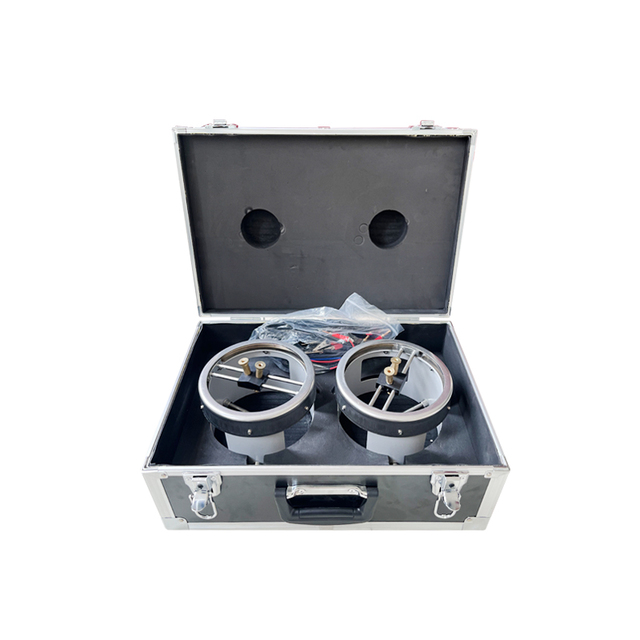custom tensile tester fixtures
Custom Tensile Tester Fixtures Enhancing Material Testing Precision
In the world of material testing, understanding the tensile strength of various materials is crucial. Engineers and material scientists constantly seek innovative solutions to acquire accurate readings. One essential component in achieving reliable tensile testing results is the use of custom tensile tester fixtures.
Tensile tester fixtures are devices that secure a sample material during tensile testing to measure its response to stretching forces. While standard fixtures can serve basic functions, custom fixtures offer a range of advantages that can dramatically improve the accuracy and reliability of test results.
Tailored Design for Specific Materials
Every material behaves differently when subjected to tension. For instance, polymers may require softer grip surfaces, while metals might necessitate more rigid hold to avoid slipping. Custom fixtures are designed specifically to accommodate the unique properties of the materials being tested, ensuring that the sample remains secure throughout the testing process. This tailored approach reduces the risk of damage to the sample and enhances the validity of the data collected.
Improved Load Distribution
Standard fixtures often apply stress unevenly to the test specimen, leading to premature failure points that can skew results. Custom fixtures can be engineered to provide optimal load distribution, reducing local stress concentrations. This is especially important for brittle materials, where even minor surface flaws can lead to inaccurate measurements. By using custom fixtures, testers can ensure that the applied force is evenly distributed across the sample, yielding more reliable and reproducible results.
custom tensile tester fixtures

Increased Versatility
Customization is not solely about enhancing performance for particular materials; it's also about versatility. Many industries require testing of a diverse range of materials with specific geometries. Custom fixtures can be designed to accommodate different shapes and sizes of samples, enabling labs to conduct a wide variety of tests without the need for purchasing multiple standard fixtures. This adaptability can lead to significant cost savings and increased efficiency in testing processes.
Innovation in Testing
The development of custom fixtures often encourages innovation in testing methodologies. By collaborating with fixture manufacturers, researchers can explore new ways of testing that push the boundaries of existing standards. For example, integrating digital measurement systems into custom fixtures allows for real-time data collection and analysis, thus enhancing the quality of the testing process.
Conclusion
Custom tensile tester fixtures represent a vital aspect of material testing, offering tailored solutions that enhance the accuracy, efficiency, and versatility of testing processes. By investing in custom fixtures, laboratories can ensure that they obtain precise and reliable tensile strength measurements, ultimately leading to better material selection and product performance. As industries continue to evolve, the focus on customization in material testing will remain essential for advancing materials science and engineering.
-
Why the Conductor Resistance Constant Temperature Measurement Machine Redefines Precision
NewsJun.20,2025
-
Reliable Testing Starts Here: Why the High Insulation Resistance Measuring Instrument Is a Must-Have
NewsJun.20,2025
-
Flexible Cable Flexing Test Equipment: The Precision Standard for Cable Durability and Performance Testing
NewsJun.20,2025
-
Digital Measurement Projector: Precision Visualization for Modern Manufacturing
NewsJun.20,2025
-
Computer Control Electronic Tensile Tester: Precision and Power for the Modern Metal Industry
NewsJun.20,2025
-
Cable Spark Tester: Your Ultimate Insulation Assurance for Wire and Cable Testing
NewsJun.20,2025
 Copyright © 2025 Hebei Fangyuan Instrument & Equipment Co.,Ltd. All Rights Reserved. Sitemap | Privacy Policy
Copyright © 2025 Hebei Fangyuan Instrument & Equipment Co.,Ltd. All Rights Reserved. Sitemap | Privacy Policy
